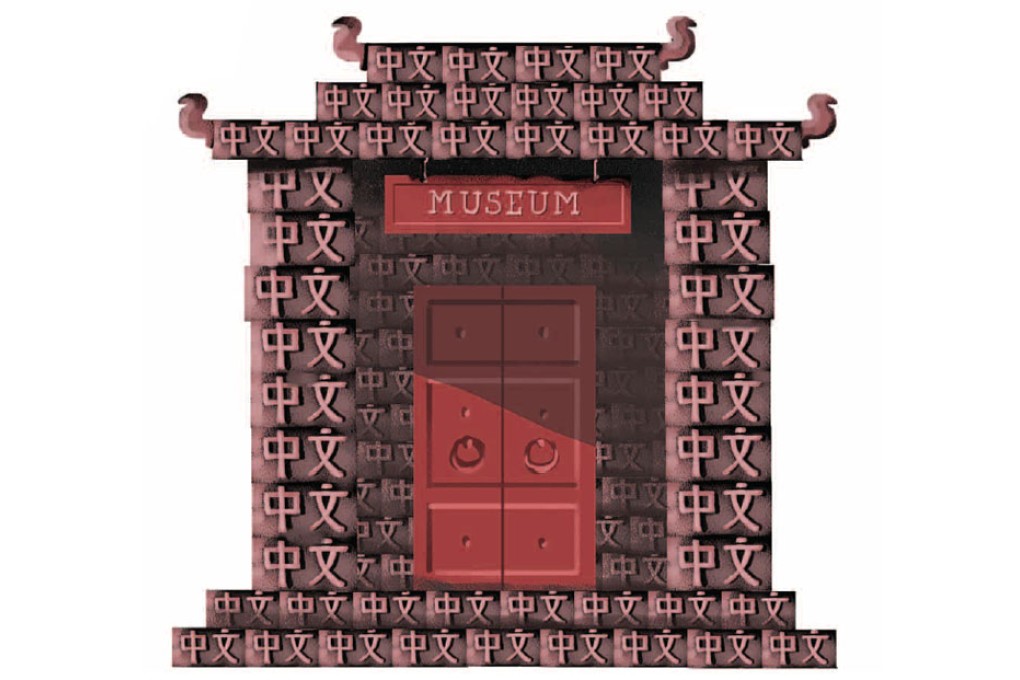The development of Cantonese language is a story worth telling
Peter Gordon says a community effort to trace the development of the Cantonese language over the years may well illuminate the heated debate in Hong Kong over its place in our society

A recent article on the Education Bureau website read: "Although the Basic Law stipulates that Chinese and English are the two official languages in Hong Kong, nearly 97 per cent of the local population learn Cantonese (a Chinese dialect that is not an official language) as their commonly used daily language."
The ruckus was so great that the piece was promptly taken down. The question as to whether Cantonese is "official" has been well discussed elsewhere, but the posting also labelled Cantonese a "dialect", as well as using "language" in a linguistically incompatible way that implies the two terms are interchangeable.

These spilled over into Hong Kong, somewhat ironically resulting in a rare instance of solidarity between Hong Kong people and their Cantonese cousins across the border, an empathy that governments on both sides had been long trying to instil, without much noticeable success, and that has since been trumped by troubles over baby formula.
It's a subject that gets the letters column in these pages buzzing. Writers have huffed that the use of Putonghua was patriotic and Cantonese nothing but a "vulgar relic", a "dialect" best left to the "wet market", and further opined that, "in the realm of education, Cantonese should be treated as a mispronounced, grammatically incorrect form of Chinese rather than a desirable medium of instruction". Others, notably Sir David Tang, have ridden to the defence of Cantonese as a fully fledged language, and "a very well-developed and rich language at that", stressing its links to classical poetry.
If Cantonese were "just" a dialect, then its exclusion from education and formal communication might - possibly - be justifiable. If, on the other hand, Cantonese is a "language", it smacks of politics to favour Putonghua at its expense.
So is Cantonese a language or a dialect of Chinese? The answer may be "yes" to both. Cantonese, most linguists would say, is indisputably a separate language. It is at least as different from Putonghua as any two Romance languages are from each other. It is spoken by roughly as many people as, say, Italian. There is an oft-quoted saying attributed to linguist Max Weinreich that notes that "a language is a dialect with an army and a navy". In China, this would have been the Beijing dialect.